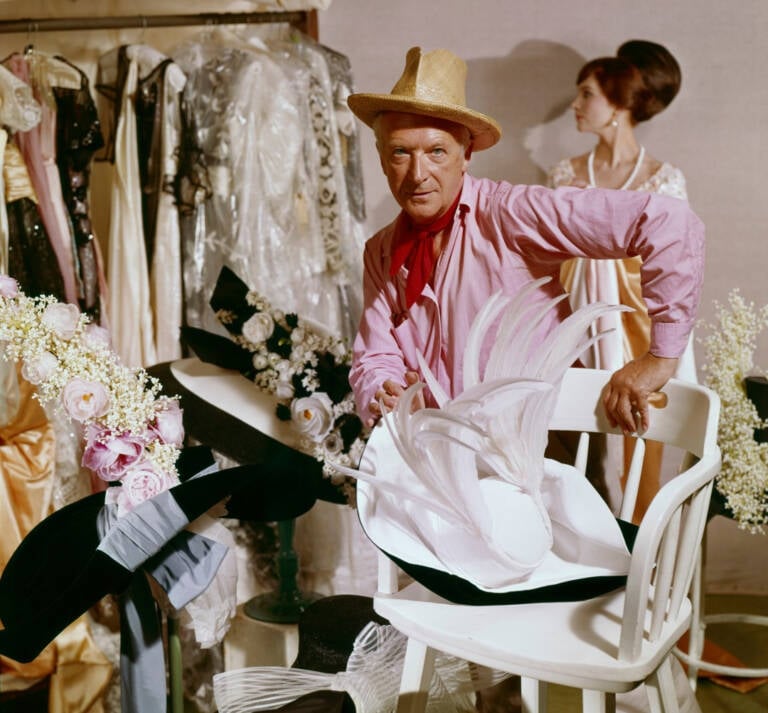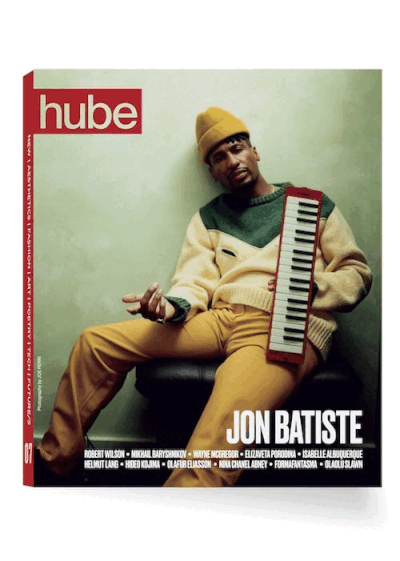The National Portrait Gallery in London will open Cecil Beaton’s Fashionable World on October 9th, 2025, running until January 11th, 2026. This major exhibition, the first of its kind, is dedicated exclusively to Beaton’s groundbreaking contributions to fashion photography. Known as ‘The King of Vogue,’ Beaton transformed both fashion photography and portrait photography into art forms, capturing the elegance, glamour, and spirit of the 20th century.
The vision behind the exhibition
Curated by Robin Muir, contributing editor at Vogue, the exhibition explores Beaton’s meteoric rise and enduring influence. It positions him not only as a celebrated photographer but also as a fashion illustrator, Oscar-winning costume designer, caricaturist, and writer. With more than 250 objects on display – from photographs and sketches to letters and costumes – the show highlights the full breadth of Beaton’s creative achievements.
The exhibition will be structured into several thematic sections: Beaton’s early experiments with photography, his years among the Bright Young Things of 1920s London, his pioneering work for Vogue in New York and Paris, his iconic Cecil Beaton portraits of Hollywood stars and royalty, his wartime photography, and finally, the dazzling brilliance of the 1950s leading to his Oscar-winning designs for My Fair Lady.
A focus on portrait photography
Central to Beaton’s career was his mastery of portrait photography. From high society figures to actors, artists, and monarchs, his sitters embodied both glamour and personality. Among the highlights of the show are Cecil Beaton portraits of Marilyn Monroe, Audrey Hepburn, and Elizabeth Taylor, alongside depictions of cultural figures such as Salvador Dalí, Francis Bacon, and Lucian Freud.
The exhibition also sheds light on Beaton’s royal commissions, including Queen Elizabeth II and Princess Margaret, images that helped redefine the monarchy for the modern age. His portraits blended theatrical elegance with natural charm, offering a vision of beauty that resonated far beyond Britain.
Cecil Beaton portraits and fashion icons
Beaton’s images for Vogue revolutionised the magazine’s visual language. Often referred to as Cecil Beaton in Vogue, his work combined Edwardian theatricality with surrealist influences and American modernism. Visitors will encounter photographs that not only chronicled fashion but elevated it to an enduring art form.
The exhibition places special emphasis on two landmark projects. Beaton’s early photographs of the Bright Young Things showcase the vitality and eccentricity of 1920s London, while his Oscar-winning costume designs for My Fair Lady highlight his brilliance in translating fashion into stage and screen spectacle. Together, these works illustrate how he bridged the worlds of fashion photography and performance.
Why this exhibition matters
More than four decades after his death, Cecil Beaton remains a touchstone for anyone interested in fashion photography and visual culture. His ability to capture both surface beauty and deeper character ensured his photographs defined an era. As curator Robin Muir notes, Beaton’s vision revitalised fashion and portrait photography, leaving a legacy that continues to inspire contemporary designers, photographers, and artists.
Cecil Beaton’s Fashionable World offers a rare opportunity to experience the glamour, wit, and artistry of one of the 20th century’s most visionary image-makers, and to see how he shaped the way we still look at fashion, celebrity, and identity today.
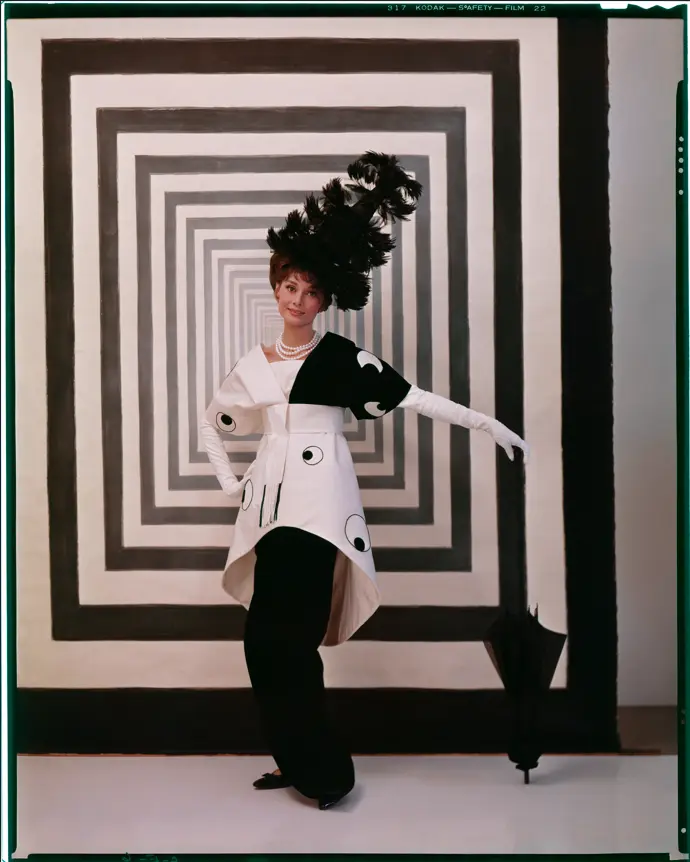
Courtesy of THE CECIL BEATON STUDIO ARCHIVE, London
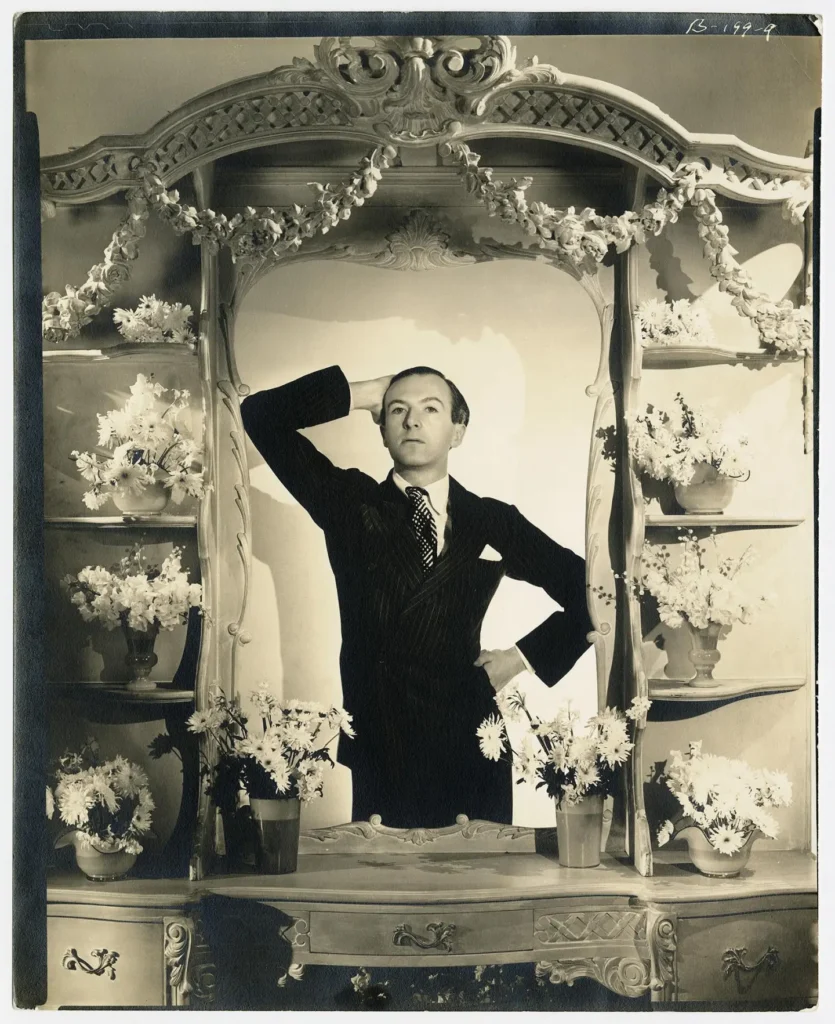
Courtesy of THE CECIL BEATON STUDIO ARCHIVE, London
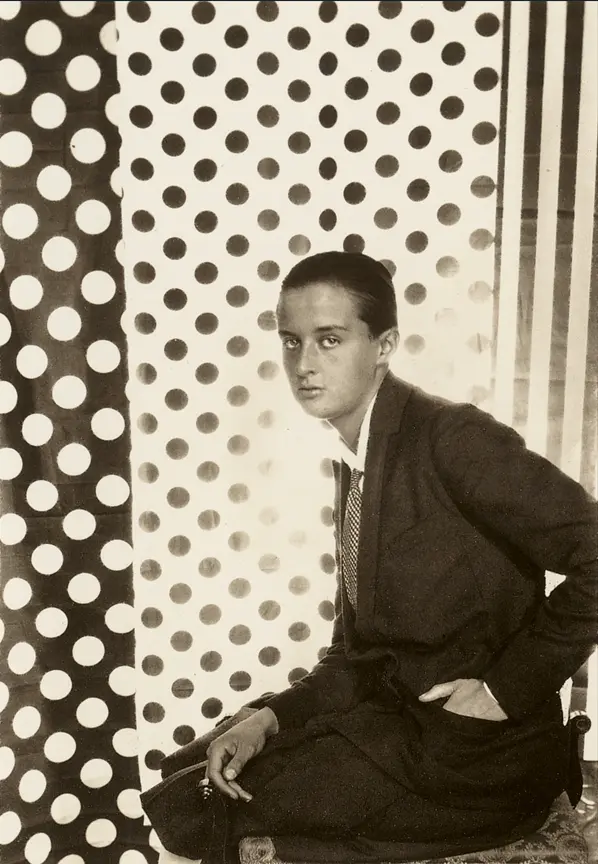
Courtesy of THE CECIL BEATON STUDIO ARCHIVE, London
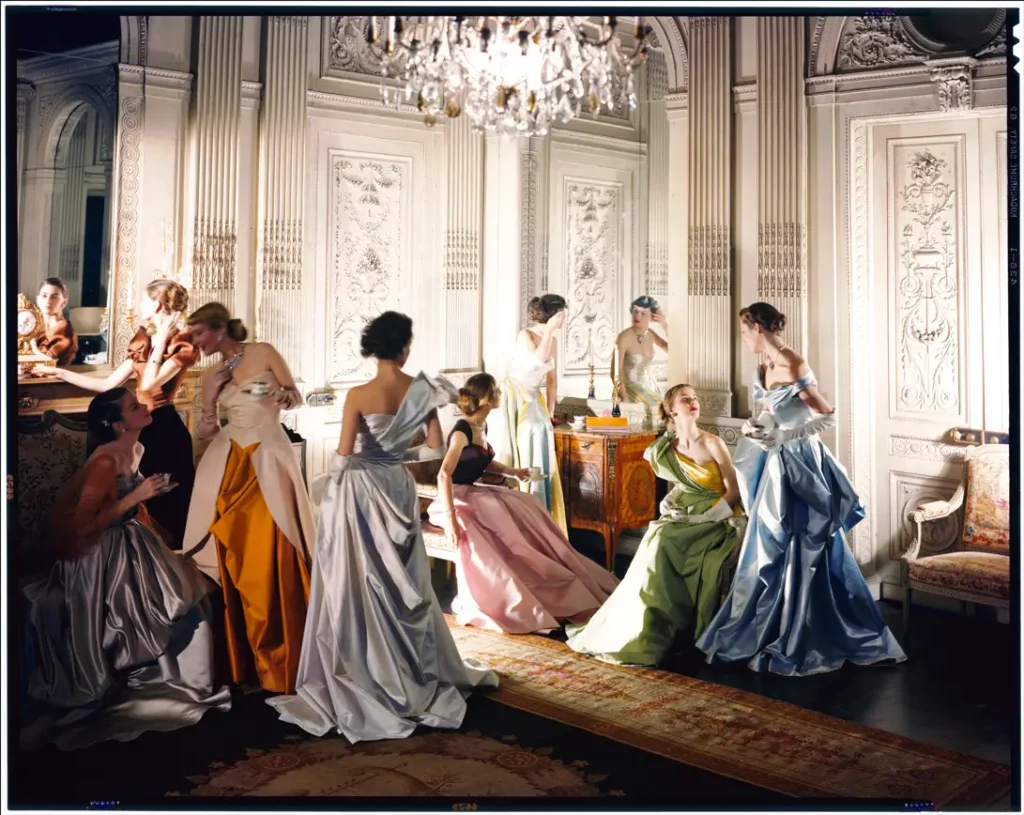
Worldly Colour (CHARLES JAMES evening dresses), 1948. Original colour transparency
Courtesy of THE CECIL BEATON STUDIO ARCHIVE, London
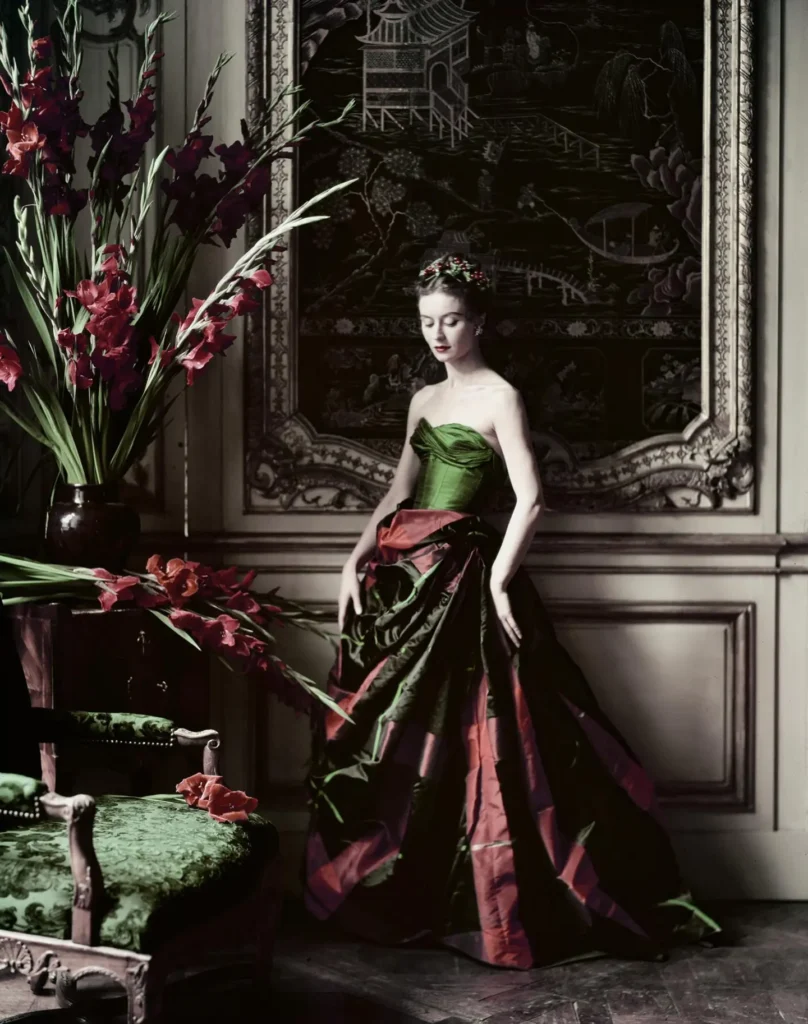
Courtesy of THE CONDÉ NAST ARCHIVE, New York
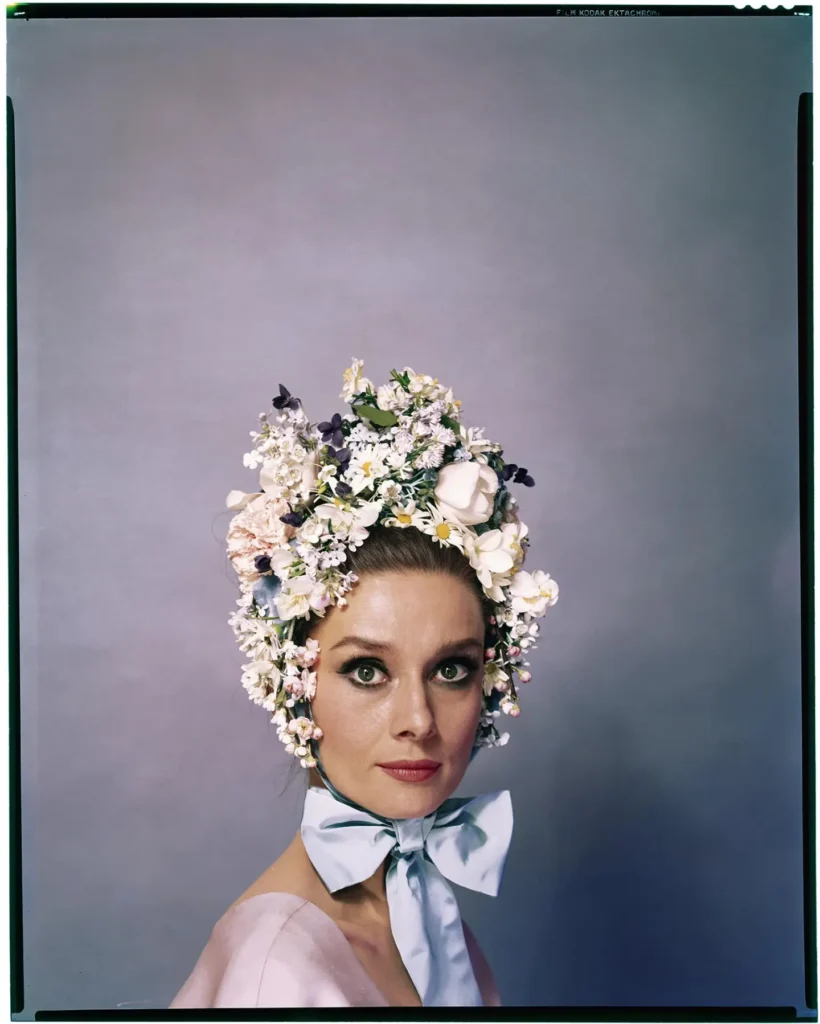
Cast Members in costume for My Fair Lady, 1963
Courtesy of THE CECIL BEATON STUDIO ARCHIVE © THE CONDÉ NAST ARCHIVE, New York
